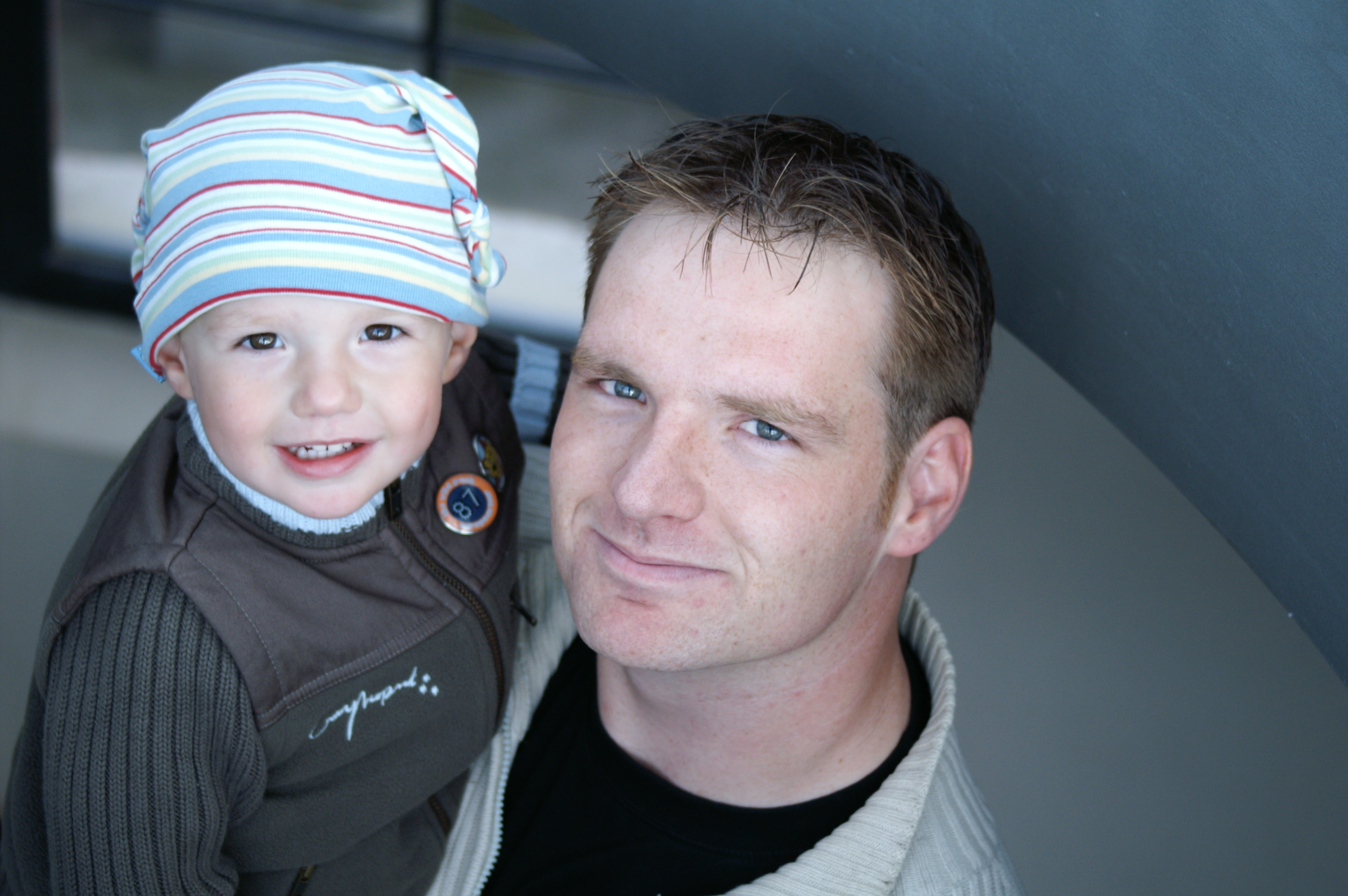“Dad Bod” is real, supported by research
By Daniella Snyder, Staff Writer
While joked about extensively on the Internet, scientists at Northwestern University recently completed a longitudinal study of body mass index in young males and looked at the transition to fatherhood—aka, the changing bodies between bachelors and baby-daddies.
10,000 American men were studied over a span on twenty years. Certain variables were controlled for such as race, age, and yearly income.
The results? Dads who live with their children saw a BMI increase of 2.6 percent. For the average male, that is approximately 4.4 pounds. Dads who did not live under the same roof as their children still saw an increase in BMI, but only by about two percent, approximately 3.3 pounds for the average male.
What about men with no children? Northwestern University studied them, too, and men without children actually saw a one percent decrease in BMI- meaning they lost almost a pound and a half.
There is a definite positive correlation between BMI increase and fatherhood, and now that it has been scientifically supported, people might be wondering “Why?”
The main author on this mentioned study, pediatrician Craig Garfield, argued that lifestyle changes alone could have been the main cause in weight gain. For example, fathers may have less time for sleep and exercise than they did before having children. Garfield also pointed out, “we all know fathers whose job it is to clean the family’s plates,” and along with a heavier presence of snack foods in a father’s home, this translates to increased food consumption.
With less sleep, no time to hit the gym, and the role of “garbage disposal” after all meals, it is a wonder scientists have not tried to prove the existence of a “Dad Bod” previously. With the scientific evidence that proves transition to Dad bod is real, can we really blame and poke fun at our male peers?

